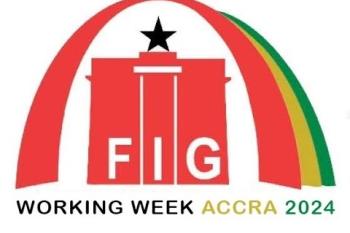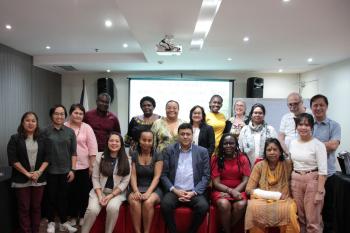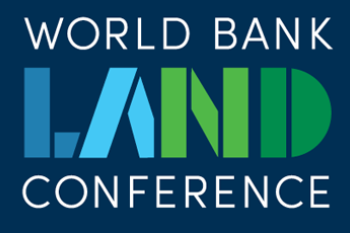DRC: Land reform is firmly on the agenda
Kinshasa, 5 June 2012 - The Democratic Republic of Congo is committed to land reforms, the newly appointed Minister in Charge of Lands of the Democratic Republic of Congo (DRC), Professor Robert Mbwinga Bila, confirmed.
Speaking during a recent courtesy visit by a UN-Habitat team, the minister further indicated the need for an inclusive and participatory process. The statement comes barely five months after President Joseph Kabila's inauguration speech which placed land reform as an agenda at the heart of his term in office.
Land reform in the Democratic Republic of Congo is seen as a means to stem the scourge of conflicts, protect land and property rights and improve access to credit.
The government has therefore indicated its willingness to take up the process in order to address perennial issues that were as a result of insecurity of tenure and depleting land-based revenue among others.
Among key activities identified by Ministry of Lands to initiate the land reform is the organization of a national consultative workshop on land reform tentatively scheduled in Kinshasa in July 2012, for which an organizing committee is already in place. Prof. Mbwinga also expressed his interest in learning more about land reform in other countries as well as undertaking it in conformity with the African Union Commission framework and guidelines on land policy in Africa.
Other activities identified and could be in the pipeline include: study tour for the government of DRC, resource mobilization, donor coordination, research and knowledge development, land reform roadmap and strategy.
UN-Habitat has worked in DRC since 2009 with support from USAID, Canada, United Nations Peace Building Funds and UNHCR and is currently implementing a four-tier land program in eastern DRC: land mediation, land coordination, support to the land administration, support to land policy and reform.
Results achieved in the Eastern DRC are placing a greater demand on UN-Habitat and its partners to scale up their interventions nation-wide and in other parts of the country. The request to spearhead the land reform process is the reflection of the importance of the work. In order to support this process, UN-Habitat has positioned a land policy technical advisor to support the Ministry. Several GLTN tools have been experimented and used in DRC including enumeration, land coordination, and how to develop a pro-poor land policy processes.


